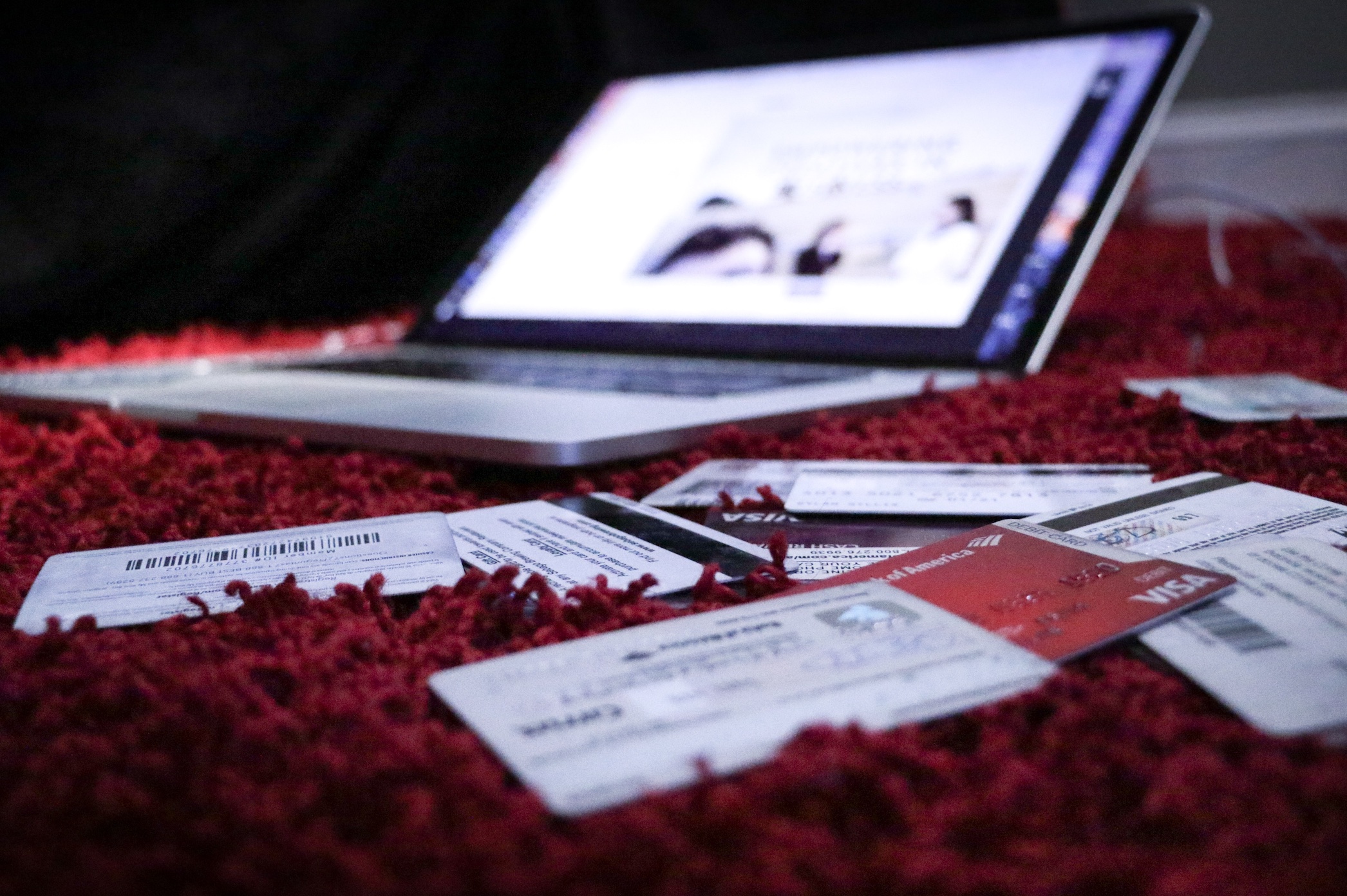Consumers are surprised whenever they spot errors on their credit bureau reports.
For those who don’t work in the legal or financial fields, credit-related law might seem like a sleep-inducing topic. But money is where the rubber meets the road for the typical consumer, which means that little-known laws about borrowing, lending, and debt automatically become more interesting. Not everyone knows that they can get 100% free credit reports once per year.
Others have no inkling that they can legally cosign for another person’s student loan. Even the 2020s, there are still millions who think it’s beneficial to close unused card accounts. In fact, there are all sorts of law-related financial facts that somehow travel under the radar and never break through to mainstream consciousness. What are some of the most relevant points that people should know about? Consider the following.
Credit Bureaus Must Give You a Free Report Every Year
It’s the law. They have to do it, but the huge caveat is that you must make a formal request in order to get the freebie. Note that there are three bureaus, and each one must provide you with a full report, not just a summary or abridged version. Using these documents to track your financial situation is a smart tactic. Some banks and credit card companies offer updated scores, but in many cases, those numbers are not taken directly from official sources.
Consider getting help from a consumer counselor or using an online resource if you need help translating the heavy bureau jargon you’ll no doubt encounter on the pages of your reports. There are errors on your credit report that you should be looking for so if you don’t feel confident enough to do that on your own, hiring help is probably best. If you want to gain more frequent insight into your fiscal life, it’s possible to join one of the reputable online platforms that help people get quarterly or monthly reports from all three agencies.
You Can Cosign for Another Person’s Student Loan
When confronted with the fact that it’s legal to sign for someone else’s college loan, most people say, “You can really do that?” But cosigning on education loans has been part of the financial landscape for decades, though the practice has recently become more common. Students who apply for Earnest student loans with a cosigner can have a higher probability of not only being approved but also securing a reasonable rate. That means paying a lower total amount over the lifespan of the obligation. Just as car buyers save considerably with lower interest rates, so do students who are lucky enough to have cosigners.
Usually, Closing Unused Card Accounts Hurts Your Scores
“I haven’t used my credit card for a year, and it has a zero balance, so I’ll just close it and get a bump in my score.” Closing unused accounts are actually more likely to harm your scores than improve them. When you close an account, your total available spending power goes down, which often leads to a higher usage percentage.
Secured and Prepaid Cards Are Not the Same Thing
Be careful when applying for secured and prepaid plastic, especially if you think they’re the same thing. Unfortunately, prepaid card companies don’t report the arrangement, or your payments, to the bureaus. Secured cards, on the other hand, do have the potential to bring your scores up if you use them wisely, pay the balance off every month, and keep them active for at least a year.

Mistakes on Bureau Reports are Quite Common
Consumers are surprised whenever they spot errors on their credit bureau reports. The truth is that mistakes happen more frequently than most people suspect. That’s why it’s imperative to spend time examining every line of your free annual reports. When you do uncover an error, write a thorough explanation, in plain English, about why you don’t owe it. Then, contact the bureau that made a mistake and provide your reasoning. Ask them to give you the original documentation they have on file about the source of the incorrect listing.
The EFTA Can Save Your Assets
EFTA stands for the Electronic Funds Transfer Act. It’s a law that gives people time to act if their debit cards are stolen or misused by third parties. By reporting the theft within 48 hours, you will be limited to a total loss of $50. It’s worth noting that most issuers won’t even impose the $50 rule if you contact them the minute you discover you’ve been the victim of a crime.
What happens if you don’t report the theft in a timely fashion? Fraudsters can hit you for $500 in spending or withdrawals they make on the account. After you receive your statement via email or postal mail, you have two months, or 60 days, to report the theft. Wait longer than that, and you might end up having to cover much more than $500 or a maximum of whatever the thief spent. That’s why it’s important to store debit card company phone numbers in several accessible places, so you can notify a rep as quickly as possible after a theft takes place.


Join the conversation!